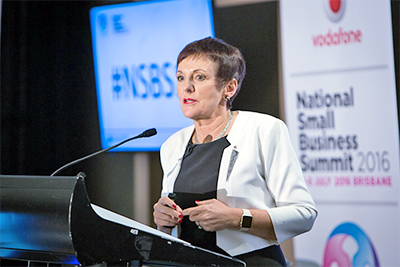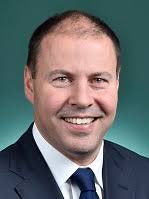New Business Growth Fund aims to supercharge high-growth Australian SMEs
THE Australian Small Business and Family Enterprise Ombudsman (ASBFEO) Kate Carnell said she believes high growth small and medium-sized businesses will get the boost they need from the new $520 million Australian Business Growth Fund. It is backed by the big four banks and the Federal Government.
The fund will invest capital to buy between 10 and 40 percent equity in high growth SMEs with annual turnovers of between $2 million and $50 million. The model is to give scale-ups the funding they need while not havign the fund control the business.
Treasurer Josh Frydenberg has confirmed ANZ, CBA, NAB and Westpac will each commit $100 million to the fund, while HSBC will contribute $20 million. The Federal Government has pledged $100 million. 
“We welcome both the government investment in the fund, which has now been matched by the major banks," Ms Carnell said.
“The Australian Business Growth Fund was a recommendation in our Affordable Capital for SME Growth report, which identified the need to address a critical funding gap for long-term capital to enable high growth potential SMEs to flourish.
“This fund will benefit high growth SMEs with annual turnovers of between $2 million and $50 million," she said.
“Importantly the fund will be managed by private sector expertise and will invest between 10 percent and 40 percent in the chosen businesses, allowing the business owner to maintain their controlling interest, while giving them the funds they need to invest in growth.
“Similar models in the UK and Canada have proven successful, giving businesses the chance to thrive with much-needed access to affordable capital.
“We also support the government’s ongoing discussions with other financial institutions that are considering investing in the fund," Ms Carnell said.
“This initiative comes at a time when many respected economists, including those at the RBA, are publicly recognising one of the biggest barriers to growth for SMEs is access to affordable capital and this has been a critical factor holding the economy back. 
“The Australian Business Growth Fund will significantly encourage business growth and promote economic expansion.”
ends
- Created on .

 How to resolve AdBlock issue?
How to resolve AdBlock issue?